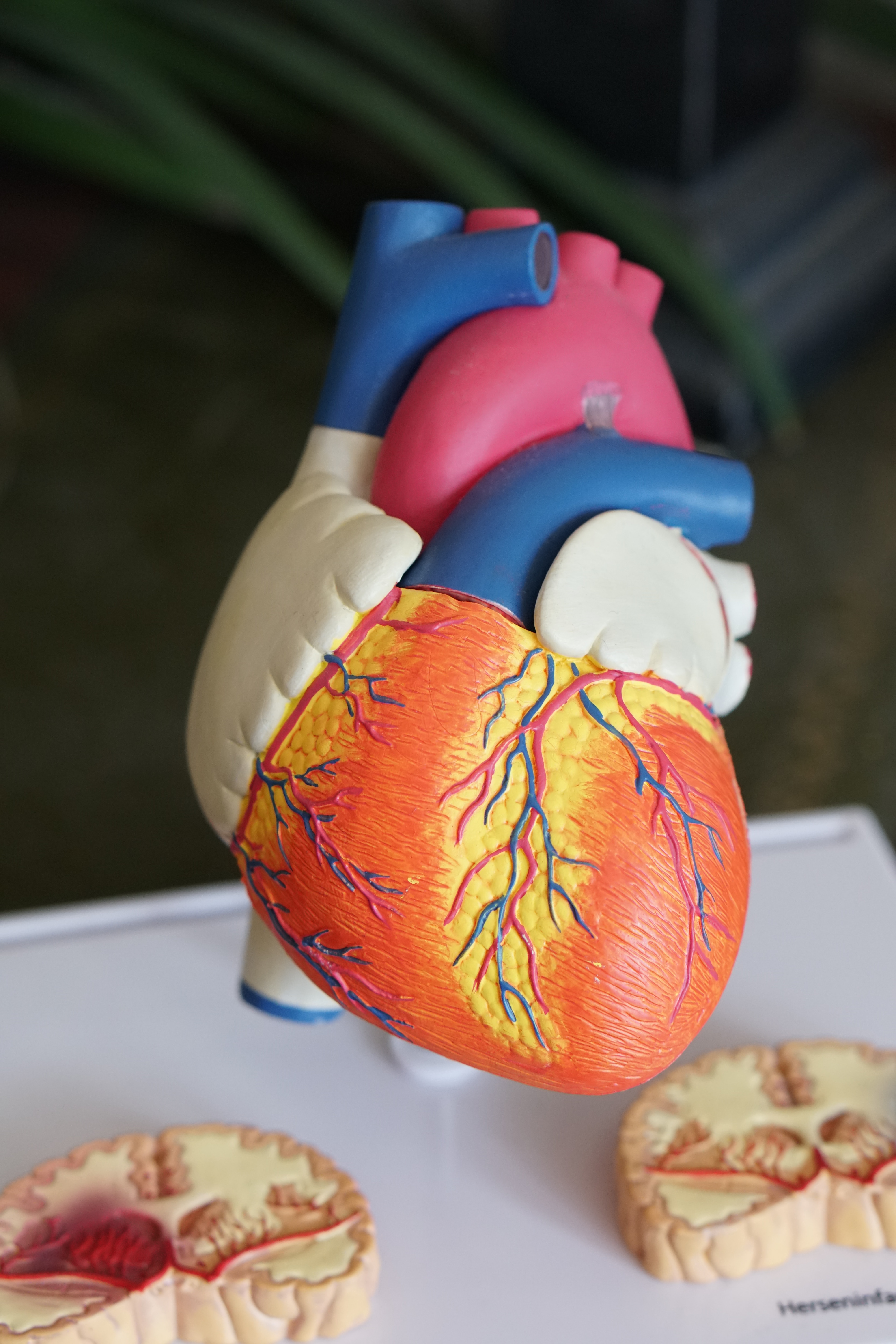Heart & Cardiovascular
Ischemic Heart Disease: What are its Symptoms, Causes, and Treatment?
By S.I. (staff writer) , published on January 28, 2024

Medicine Telehealth Health heart bloodflow
What is Ischemic Heart Disease?
Ischemia is a lack of blood supply due to blood vessel obstruction. When the heart does not get enough blood and oxygen supply, it leads to ischemic heart disease [1].
Ischemic heart diseases are also known as Coronary heart disease (CHD) or Coronary Artery Disease. A blood clot or plaque can cause the narrowing. When the blood flow to the heart muscles is completely blocked, the heart muscle cells die, known as a Heart attack or Myocardial Infarction (MI).
What are the Symptoms of Ischemic Heart Disease?
Often, people have silent ischemia. They experience no particular signs and symptoms. However, the most common signs and symptoms associated with Ischemic heart disease includes [2]:
- Chest pressure
- Crushing pain or heaviness in the chest, mainly on the left side
- Neck pain
- Jaw pain
- Shoulder pain
- Back pain
- Arm pain
- Tachycardia
- Shortness of breath upon physical activity
- Indigestion
- Abdominal pain
- Nausea
- Vomiting
- Sweating
- Fatigue
The signs and symptoms of heart disease vary in different groups of people. Women, diabetics, and older adults have a different pain perception. They usually complain about fatigue, weakness, or inability to perform daily activities such as walking, climbing stairs, or household chores. [3]
The symptoms of cardiovascular diseases get worse with time. The first signs and symptoms of heart diseases are often recognized as crushing chest pain, shortness of breath, and sweating.
What are the causes of Ischemic Heart Disease?
Ischemic heart disease occurs when the heart does not receive its required oxygen from blood. The leading cause of ischemic heart disease is the narrowing of small blood vessels due to plaque formation. This leads to decreased blood and oxygen supply to the heart. [4]
This buildup of plaque narrows and hardens the blood vessels, compromising the heart’s oxygen supply. Consequently, the blood flow to the heart slows down or stops, resulting in cardiac arrest.
What are the Treatment Options for Ischemic Heart Disease?
Myocardial ischemia’s treatment aims to enhance blood flow to the heart muscles. There are two treatment options depending on the severity of the condition: [5]
- Medications
- Surgery
The medications for ischemic heart disease are Aspirin, Nitrates, beta-blockers, calcium channel blockers, and cholesterol-lowering medicines.
Another medicine, the angiotensin-converting enzyme (ACE) inhibitors, is recommended if the patient has high blood pressure and diabetes along with ischemic heart disease.
The procedures to improve blood flow are angioplasty, stenting, coronary artery bypass surgery, and enhanced external counter pulsation.
References:
- https://www.ncbi.nlm.nih.gov/books/NBK209964/#:~:text=Ischemic%20means%20that%20an%20organ,blood%20to%20the%20heart%20muscle.
- https://www.mayoclinic.org/diseases-conditions/myocardial-ischemia/symptoms-causes/syc-20375417
- https://www.medicinenet.com/heart_disease_coronary_artery_disease/article.htm
- https://medlineplus.gov/ency/article/007115.htm
- https://www.mayoclinic.org/diseases-conditions/myocardial-ischemia/diagnosis-treatment/drc-20375422
Find articles related to: Medicine Telehealth Health heart bloodflow
More articles about Heart & Cardiovascular
Back to the Health Tips Index




